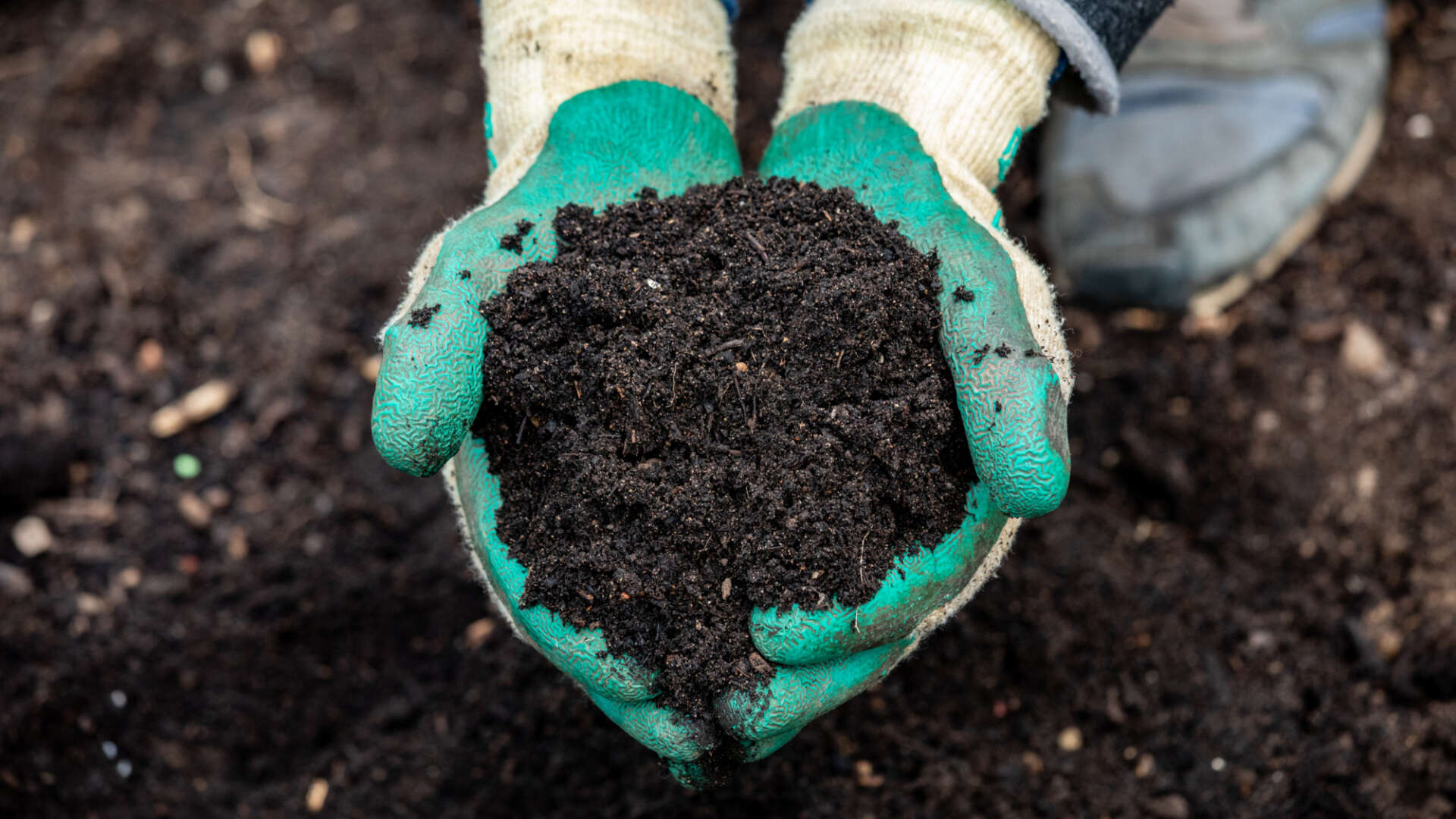Release of damning report on UK Soil Health

“…. some of the most productive agricultural land in the country is at risk of becoming unprofitable within a generation due to soil erosion” cites the report. “(Although) the Government says it will ensure that all soils are managed sustainably by 2030… our inquiry suggests that the Government’s actions do not match its ambition, and casts doubt on whether we are on track to achieve the 2030 goal.”
The report points out that “Soil, water and air are all essential to human life and society—but of these three, soil is often the forgotten component. Yet soil is crucial to agricultural production, climate change mitigation and adaptation, urban development, and flood risk management. Neglecting the health of our soil could lead to reduced food security, increased greenhouse gas emissions, greater flood risk, and damage to public health.”
Concerns over soil health include
- Around 300,000 hectares of soil are thought to be affected by legacy contamination from the UK’s industrial past. However, local authority duties to clean up contaminated land are compromised by Defra withdrawing capital funding. This presents the real danger that contaminated sites are being left unidentified, with consequential public health impacts.
- Soil is a massive carbon sink, storing three times as much carbon as the atmosphere. Soil carbon is particularly concentrated in peatlands. The UK’s arable soils have seen a worrying decline in carbon levels since 1978, with widespread and ongoing decline in peat soil carbon. At COP21 the Government signed up to a scheme to increase soil carbon levels by 0.4% per year. However, methods to increase soil carbon are not implemented to their full potential. The Government needs to set out specific, measureable and time-limited plans to meet the goal to increase soil carbon, as well as taking take tougher action to tackle land use practices which degrade peat, such as burning of blanket bogs.
- The Government relies on ‘cross-compliance’ rules associated with farm payments to regulate agricultural soil health. However, the rules and their implementation are not sufficient to support the Government’s 2030 ambition to manage soil sustainably. Crucial elements of soil health, such as structure and biology, are not assessed at all. The rules are accompanied by a minimalistic inspection regime which Defra aims to reduce further. Moreover, the rules focus primarily on preventing further damage to soil, when an effective system would also focus on restoration and improvement of soil health.
- The UK lacks an ongoing national-scale monitoring scheme for soil health. Many indicators of soil health change slowly, so it is appropriate to measure only every few years—but successive Governments have neglected to establish a rolling scheme to monitor soil health.
The Government has an ambitious goal to ensure that all soils are managed sustainably by 2030. The report claims that current policy does not put us on a trajectory to meet this goal. Further action is required to back up the Government’s laudable words on soil health. The Government should use its upcoming 25-year environment plan to propose policies to strengthen soil protection, so that policies are not focused merely on damage limitation but encourage restoration and improvement of soil quality & organic matter.